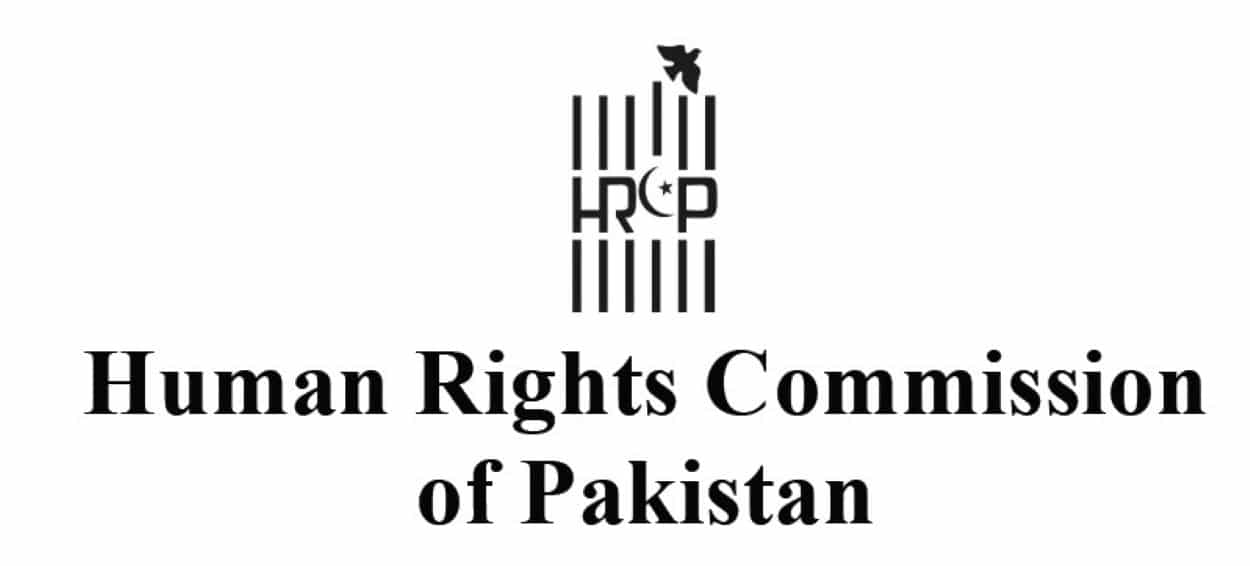The Secretary General, Human Rights Commission of Pakistan (HRCP), I.A. Rehman, said earlier yesterday that the government’s decision to privatise some public sector organisations will lead to an increase in poverty and inequality.
He was talking at a consultation on the ‘Development for the People: Possibilities and Constraints’ on Wednesday, Mr Rehman said economic development depended on human development.
He said: “The government thinks human development means providing health and education to the people. It doesn’t realise that some of its policies are working against human development. Privatisation will increase inflation and only a few wealthy people will benefit from the move while the majority of people in Pakistan will have to suffer.”
Economist Dr Syed Akbar Zaidi said all political parties in Pakistan were the same and that every government has a ‘formula’ for privatisation too.
“They let the workforce go before selling the company which gives the buyer an advantage.”
Dr Zaidi predicted that the same formula will be used for privatising PIA and the Steel Mill.
Dr Zaidi said all governments went to the IMF for loans without discussing it first in Parliament and that there wasn’t even a need for taking out loans. “Only 900,000 people out of our 200 million strong population pay taxes. The government should collect these taxes and not impose indirect ones.”
He warned that the tax to GDP ratio was constantly decreasing because of privatisations and explained that public sector organisations paid taxes but private ones did not.
He added: “About 50 per cent tax revenue is from indirect taxes and other charges while the FBR collects only 20 per cent of tax revenue.”
PPP Senator Taj Haider said the Sindh government wanted to buy the Steel Mill and was confident its production would increase by five times. He added that his party had always opposed privatisation and only sold some shares of public sectors corporations, like PTCL, instead of privatising them.
Expressing confusion over the current government’s policies, the senator said: “Railway tracks for the Pakistan-China Economic Corridor have not even been discussed yet and there are no arrangements for electricity along the corridor either”.
Saying that the government needed to better manage funds, Afrasiab Khattak of the Awami National Party (ANP) said: “During the PPP government, I asked about the money being spent on debt servicing, defence and bureaucracy. I was shocked to find that 80 per cent of the budget was spent on these three departments.”
Human rights activist Tahira Abdullah warned that the government should not privatise First Women’s Bank saying, “The Women Action Forum got a stay order from the high court during the PPP government and will get one again if the government decides to sell the bank”.






